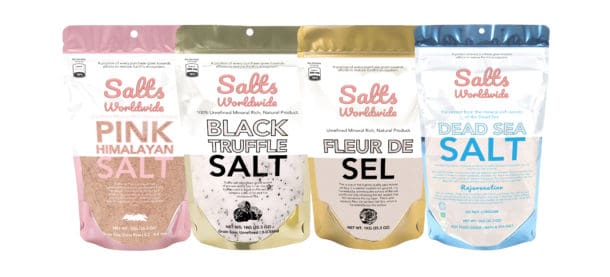
A Short Introduction to Bath Salts
Bath salts are a collection of different designer drug products. The name is derived from cases where the medications were disguised as bath salts. They often look like Epsom salt but are different chemically.
Many websites promote these as organic, natural and alternative medicines. The bath salt industry is a multi-billion dollar industry. Many manufacturers promote it as “all natural” and claim that it is safe for use in all kinds of situations, even for those with sensitive skin. Most are not regulated by the FDA, because no government standard has been developed for it. Most of them come from locations in the Middle East, where they are used as food or medicine.
One of the most popular bath salts on the internet is “bath salts”. These are designer products with a unique chemical formula. It can be used to reduce stress and induce relaxation. It also can cause panic attacks, an addiction, especially if it contains synthetic cathinones or other addictive substances.
The synthetic cathinones cause effects similar to those of cocaine, opiates, methamphetamine, and marijuana. It does this by increasing levels of the brain’s dopamine. This makes users behave in a strange way. This behavior often includes hallucinations, profuse sweating, rapid breathing, hot flashes, extreme trancelike states, and increased sexual stimulation.
“Bath salt” is a derivative of synthetic cathinones. Its name comes from two different chemicals, both of which are used in making bath salts: hydride and ivory wave. Both of these chemicals are extremely volatile and damaging to the body. Consumers should never try to build an actual bath with them. The chemicals are so volatile that even a small drop of liquid may cause serious burns.
The chemicals contained in bath salts abuse has several negative side effects. The first is that it causes an increase in blood pressure, causing a heart attack or stroke. Another effect is the production of psychosis-related symptoms such as delusions and hallucinations. Hypertension, dizziness, confusion, and lightheadedness can also result from a high blood pressure. A decreased libido can also occur, possibly due to the fact that the stimulants in bath salts cause vasodilation, a widening of the blood vessels.
The problem with bath salt drugs is that they mimic the effects of many other drugs. People commonly turn to alcohol or cigarettes to calm their nerves. However, because bath salts cause a temporary state of euphoria, they do not necessarily provide a safe alternative for people who are trying to deal with emotional problems. Also, bath salts, like most substances derived from plants, are highly addictive.
Because bath salts have a reputation for causing severe physical side effects, they are being regulated in many states. One such regulation is the California law which prohibits manufacturers from using the term “bath salts” on their products. Other states are considering similar bans. While bath salts cannot be purchased over the counter in most states, the use of the term “bath salts” has been banned in some venues. Some restaurants, hotels, and facilities for the elderly have already banned the sale of these so-called natural products. A few bars have followed suit, displaying signs asking patrons to avoid buying these drugs.
Some experts believe that bath salts may have a similar effect on the brain as does cocaine or crack. Both of these drugs are highly addictive, particularly when mixed with alcohol. Although no long-term studies have compared the effects of bath salts with those of cocaine, some scientists believe it is possible that the combination of high levels of dopamine and subsequent pleasurable feelings have the same effect on the brain as crack. The similarity between bath salts and crack may explain why police have begun to look more closely at this type of drug.
Although it is not considered addictive like cocaine, the chemical composition of bath salts closely resembles the structure of other drugs found in the market. For example, bath salts that contain a large amount of line (which is a protein) tend to act similarly to cocaine. Some researchers theorize that the similarity between lysine-fortified bath salts and other drugs is the result of the body’s attempt to reduce stress by reducing neurotransmitters such as dopamine. It has also been hypothesized that the line contained in many bath salts acts as a “receptors” of the brain’s reward system.
In addition to having a high amount of lysine, bath salts often sell for very cheap prices, sometimes even cheaper than cocaine. Because they are cheaper, they are often sold in public places such as bath houses or back porches. Because they are so inexpensive, they can be easily purchased by college students or teens who are only interested in having a “high.” Unfortunately, bath salts are not without dangerous side effects.


Recent Comments